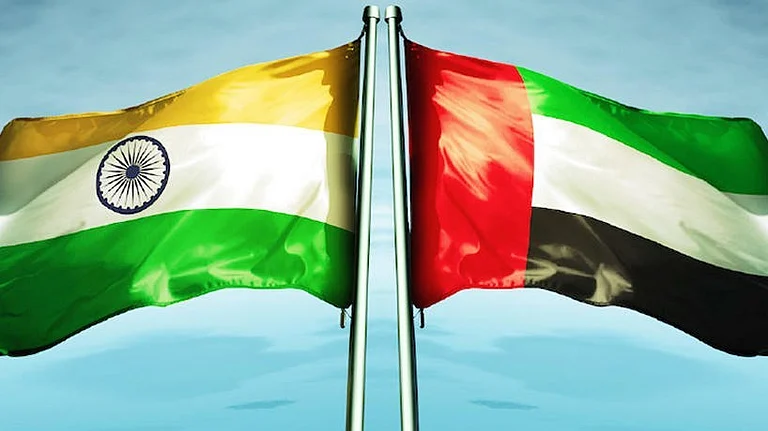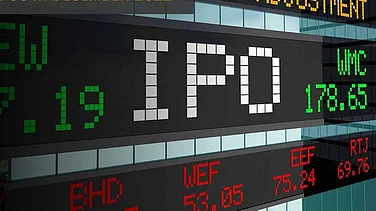The ouster of Sheikh Hasina’s government in Bangladesh could significantly alter India’s political and economic landscape. Hasina, who was serving her fifth term as Prime Minister, has been a reliable ally of India. Her administration was marked by a preference for Indian investment over Chinese and a firm stance against radical Islamist groups that have targeted India in stark contrast to her rival Khaleda Zia, leader of the Bangladesh Nationalist Party (BNP), whose positions on these issues have been more ambiguous.
Hasina’s alignment with Indian interests was highlighted by her recent decision to curtail a planned visit to Beijing in favour of addressing domestic issues, alongside her clear preference for Indian involvement in the Teesta river management project. Her remark, “China is ready, but I want India to do the project,” underscores her support for the Modi government, which had previously invited her to attend Prime Minister Modi’s swearing-in ceremony.
The timing of Hasina’s abrupt departure from Bangladesh, following mass protests and a storming of her office in Dhaka, is especially troubling given the current fragile global economic climate. The threat of a recession, exacerbated by a sell-off in technology stocks and broader economic instability, compounds the risks associated with Bangladesh’s political turmoil. This instability coincides with Indian Prime Minister Narendra Modi’s struggle with domestic pressures and a complex coalition government, while also managing a volatile regional environment.
For Modi, known for his hardline stance on terrorism and assertive foreign policy, the emergence of a less India-friendly administration in Dhaka represents a significant challenge. A potential shift towards a pro-China government or one less committed to counter-terrorism could undermine Modi’s efforts to project regional strength and stability, potentially straining Indo-Bangladesh relations. It is noteworthy that Bangladesh has been a rare ally for Modi’s government in recent times, unlike its neighbours Nepal, Sri Lanka, and the Maldives, which have shown increasing preference for China amid ongoing tensions with India over the Himalayan borders.
Economic ties between India and Bangladesh are substantial, spanning critical sectors such as energy security, infrastructure, and healthcare. Initiatives such as the India-Bangladesh Friendship Pipeline and the Maitree Thermal Power Plant in Khulna highlight the depth of cooperation. Indian investments, including those by Reliance Power, Adani, NTPC, Tata Motors, Hero MotoCorp, and Sun Pharma, hold significant stakes in Bangladesh’s economy.
Additionally, Hasina’s administration played a crucial role in combating radical Islamist groups that directly threaten Indian security. The rise of a government less committed to these counter-terrorism efforts could embolden such groups, heightening security risks for India.
As Bangladesh faces potential political upheaval, Modi’s administration will need to adeptly navigate the delicate balance between domestic challenges and regional security concerns. The shifting dynamics in Dhaka, set against a backdrop of global economic uncertainty, will test India’s ability to maintain stability and manage its foreign relations effectively.
































